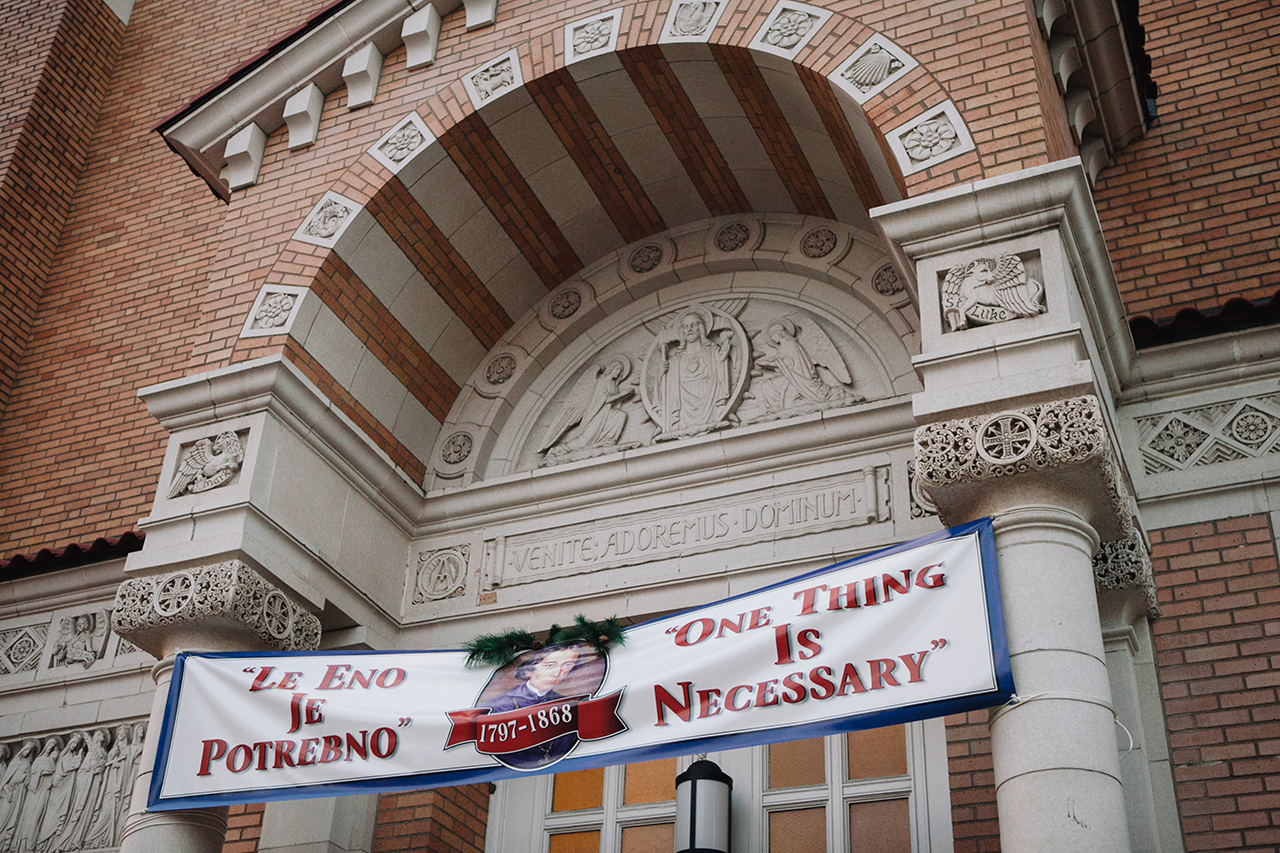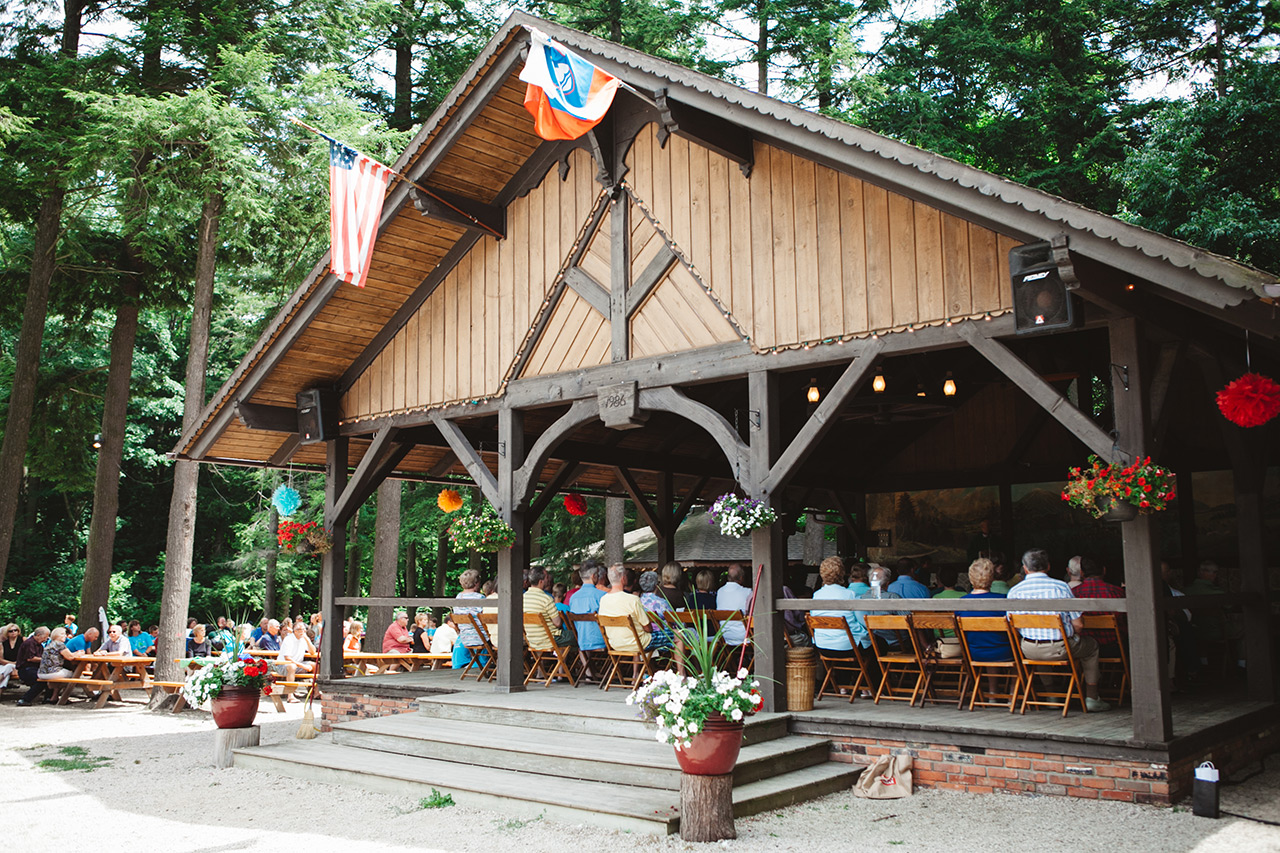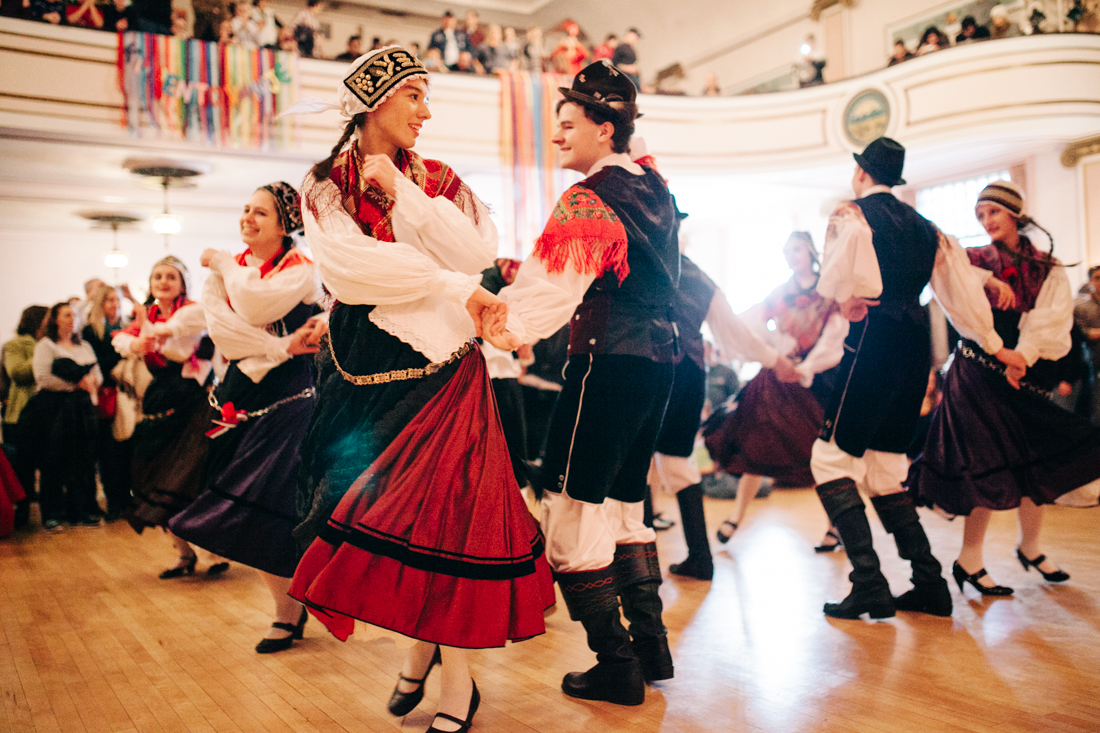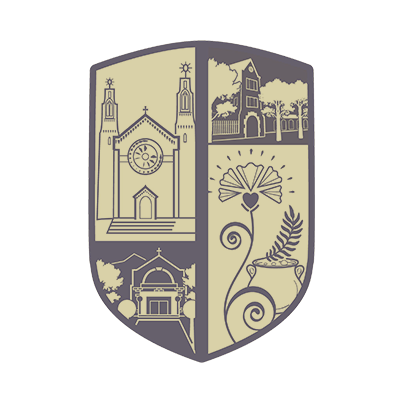LEARN MORE ABOUT ST. VITUS CHURCH & PARISH
SLOVENIAN HERITAGE
BARAGA DAYS
Held over a two-day time period each year, to promote the cause for “Venerable Frederic Baraga” toward the process of sainthood in the Catholic Church.
The cause for Baraga began in 1952. He would eventually receive the title of “Servant of God” after the Congregation for the Causes of Saints formally admitted his cause for consideration. In 2012, His Holiness, Pope Benedict XVI declared him as “Venerable,” thus allowing his cause to proceed to the step of beatification: one miracle must be attributed to Bp. Baraga, as is required prior to be declared “Beatified.”
Cleveland, Ohio hosted the Baraga Days in 2015 with St. Vitus and St. Mary The Assumption Parishes as the primary sponsors. Baraga Days have also been held in Cleveland in 1998 and 2005, as well as in the 1970s and prior years.


SLOVENSKA PRISTAVA
Often referred to as “a little piece of Slovenia” in the USA, Slovenska Pristava (SP) is a Slovenian Catholic organization that provides a venue for recreation & relaxation to its members and their friends.
Here, members and their families have for decades enjoyed peace, serenity and the occasional festivity. Nestled within the forests of Geneva, SP was founded primarily by Slovenian immigrants who settled in northeast Ohio after WWII.
Parish picnics are held at SP each summer, featuring outdoor Mass, live polka music, food (including grilled favorite, čevapčiči) and family-friendly activities.
Learn more about Slovenska Pristava on their official website.
KRES
“Kres” – Slovenian folklore dance group has its roots deep in Cleveland and northeast Ohio with its auspicious beginning on Nov. 15, 1954. Approximately 76 young men and women would perform at 6116 Glass Avenue, a street renamed as “Lausche” Avenue in 2001. After that performance, the young dancers decided to form a new organization that would highlight Slovenian dances.
At the suggestion of Anton Oblak, the group decided to name itself “Kres,” a word in Slovenian that literally translates as “bonfire.” The meaning of choosing this word reflects a time in history when there were constant Turkish raids into Slovenia, during the 15th and 16th centuries. The pending signal for a raid across Slovenia would be a series of bonfires.
The first three choreographers of Kres were Jozica Varsek, Eda Vovk, and Olga Petek, followed by Breda Loncar and Bernarda Ovsenik.

These individuals gave decades of time and talent to develop and cultivate Slovenian dances not only in Cleveland and northeast Ohio, but also the broader communities in the USA and Canada.
Since 1954, members of Kres have consisted of young children from pre-K to Grade 8, as well as high school students and some college students instructed by adults – most of whom are former members of Kres.

KROFE
Krofe refers to the baking of a raised donut, and is considered a Slovenian delicacy.
The plural term for this baked good is often referred to as “Krofi.” Krofe consists of yeast, water, sugar, flour, eggs, milk, cream, butter, salt, lemon and sometimes vanilla. This donut-sized delicacy is baked in just the right manner to be enjoyed by all.
Krofe are baked fresh six-to-eight times a year at St. Vitus, sold by the box in the parish Auditorium. Proceeds go to aid the work of the parish.
In the Greater Cleveland area, the Altar & Rosary Societies of St. Vitus and St. Mary the Assumption Parishes have baked krofe for decades as a means to raise funds for the support of their respective parishes. At these two parishes, the work to bake krofe begins in the early morning hours (4 AM or so) so that they may cool off enough to be placed in boxes and then sold around 8-9 AM until Noon.
At one time in history, the baking of krofe was solely for special occasions such as for holidays or Holy Days. As Slovenian immigrants arrived in the USA in different time periods (late 1880s, early 1990s, after WWI, WWII and then in the 1960s) various religious or social organizations baked krofe as a means to raise money to support their or other causes.

